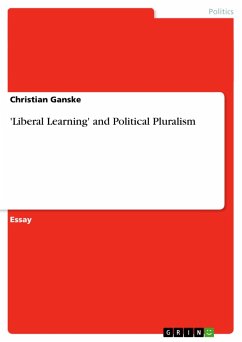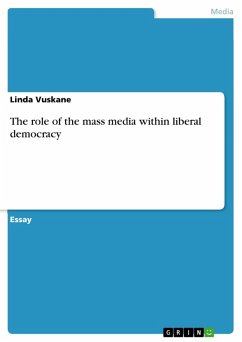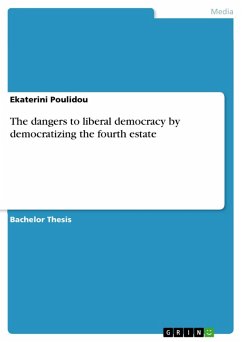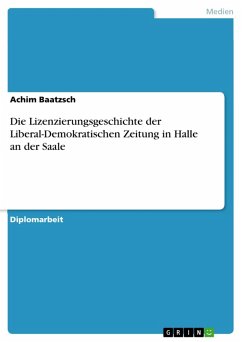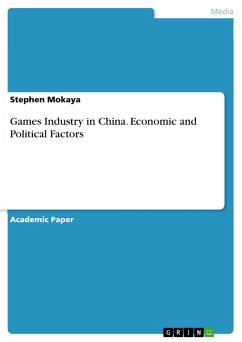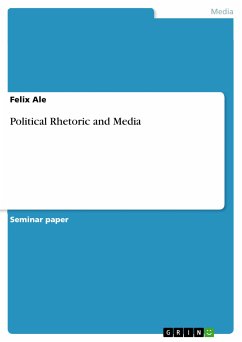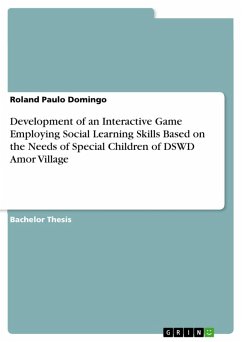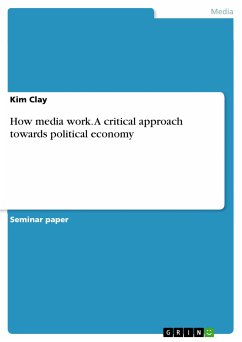Essay from the year 2005 in the subject Politics - Miscellaneous, grade: 1,0, Central European University Budapest, 5 entries in the bibliography, language: English, abstract: Scholars and students of humanities joining the community of a university have never been isolated from their social environments that they try to make sense of. Like any other human being they possess personal attitudes and adhere to certain moral values, which have implicitly an impact on the way they perceive the world. Though they have the ambition to create new knowledge and seek to extend their original understandings of social reality, they cannot escape from being to a certain extent predetermined by their outlook on life (Weltanschauung). In consequence, any knowledge may be regarded as inherently political biased. There are at least two possible ways how scholars deal with this inherent problem of knowledge creation and scientific rigor. First, in line with Max Weber, some claim that, indeed, since values cannot be scientifically validated, it should be avoided to ascribe absolute objectivity to knowledge. In this way, “good” scholarship has constantly to reflect its values, in order to sharpen intellectual clarity and strengthen its ability to assess. Thus at least, the blurring impact of values on the creation of knowledge can be diminished reaching a stage closer to the ideal of scientific objectivity. In turn, advocates of feminism, postmodernism or hermeneutics have explicitly rejected “this ideal of identifying ‘one true, unbiased’ interpretation” claiming that “all research is biased in the sense that all research is integrally political.” These two distinct self-definitions of scholarship are also represented by different understandings of the purpose and the idea of a university. Whereas the first may be interpreted as an attempt to separate the university as a place of knowledge production from the impact of social interests, the latter acknowledges that this is impossible and suggests a thoughtful intervention into politics. In this brief paper, I argue in favor of a synthesis of both ideas, claiming that first of all a university should be a place of ‘liberal learning’ free from pressures to perform distinct functions other than allowing intellectuals to experiment and jointly develop their ideas. Only if this freedom is provided, scholarship can give innovative incentives for a pluralistic society. The inherently political implications of any research will then not lead to favor particular social groups but rather to the integration of the society as a whole.
Bitte wählen Sie Ihr Anliegen aus.
Rechnungen
Retourenschein anfordern
Bestellstatus
Storno

